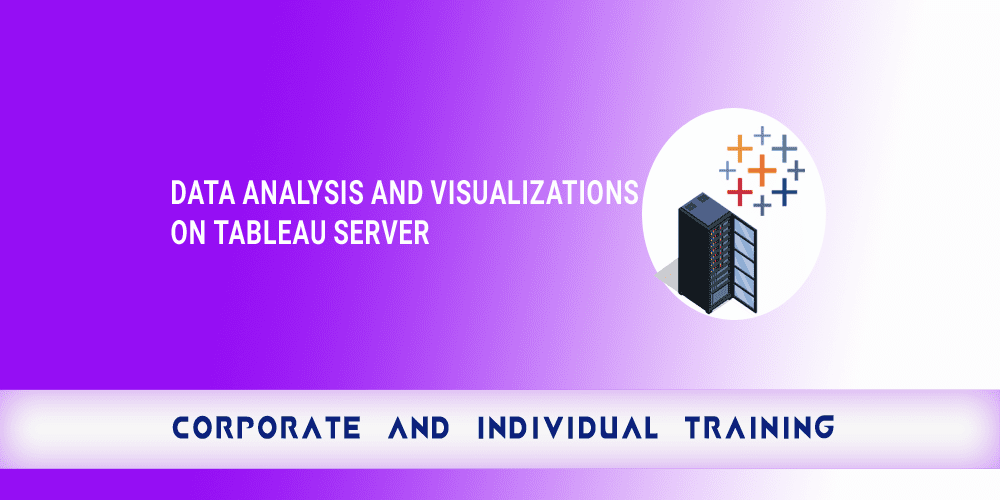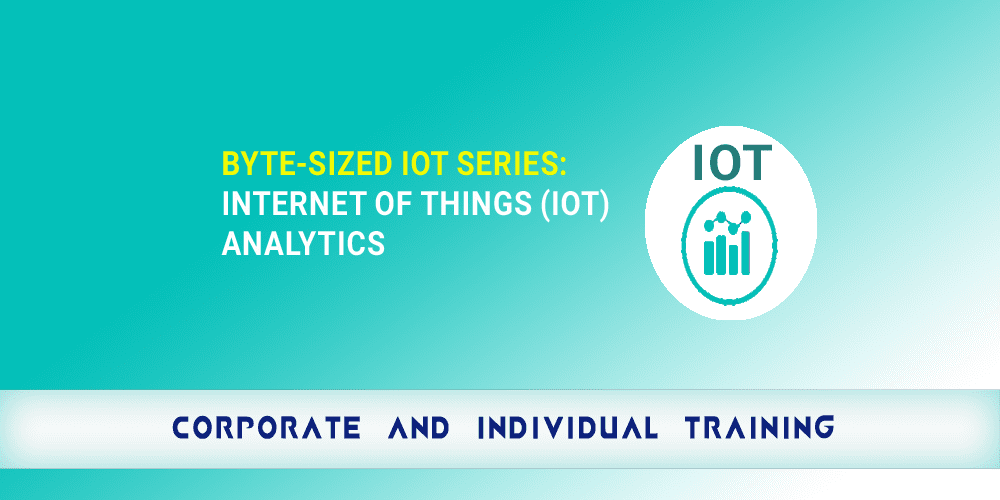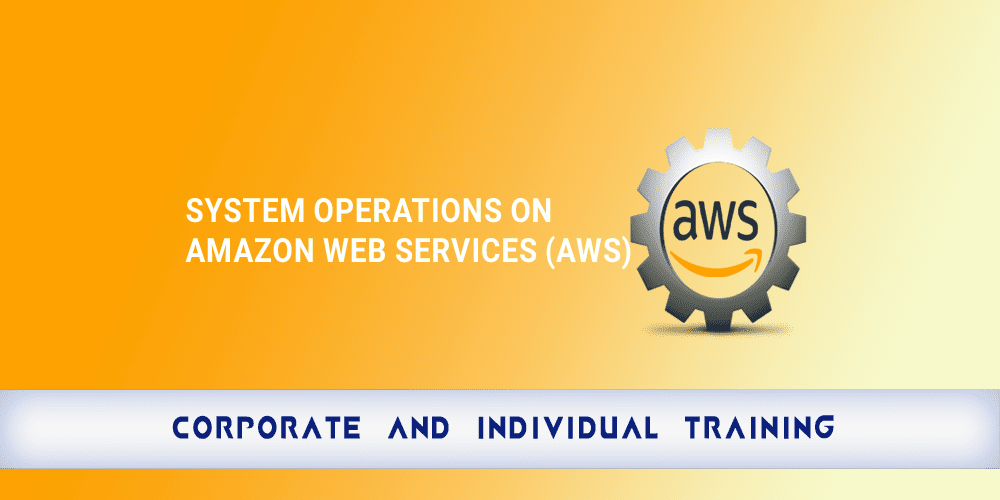- Overview
- Prerequisites
- Audience
- Curriculum
Short Description:
Certification that applies behavioral analytics to networks and devices to prevent, detect and combat cybersecurity threats through continuous security monitoring.
Description:
The CompTIA CySA+ certification equips cybersecurity professionals with the knowledge and skills to apply behavioral analytics to networks and devices. This certification focuses on preventing, detecting, and combatting cybersecurity threats through continuous security monitoring.
Course Code/Duration:
BDT213 / 1 Day
Learning Objectives:
After this course, you will be able to:
- Learn to identify your hidden creative strengths.
- Understand and utilize the creative process effectively.
- Find unexpected and innovative solutions to your challenges.
- Develop the ability to blend right and left-brain thinking for holistic creativity.
- Embrace rule-breaking as a creative strategy.
- Learn to think laterally and approach problems from various angles.
- Progress from being competent to becoming brilliant in your creative endeavors.
- Elevate your creative abilities from brilliant to truly amazing.
- Network+, Security+ or equivalent knowledge. Minimum of 4 years of hands-on information security or related experience(Recommended).
- Candidates seeking to validate their skills on how to proactively defend and continuously improve the security of an organization.
Course Outline:
Threat and Vulnerability Management
- Importance of threat data and intelligence
- Vulnerability management
- Common vulnerability assessment tools
Software and Systems Security
- Apply security solutions for infrastructure management
- Software assurance best practices.
- Hardware assurance best practices
Security Operations and Monitoring
- Analyze data as part of security monitoring activities
- Implement configuration changes to existing controls to improve security.
- Importance of proactive threat hunting
- Automation concepts and technologies
Incident Response
- Importance of the incident response process
- Analyze potential indicators of compromise
- Basic digital forensics techniques
Compliance and Assessment
- Importance of data privacy and protection
- Apply security concepts in support of organizational risk mitigation
- Importance of frameworks, policies, procedures, and controls.
Training Material Provided:
The curriculum is empty
[INSERT_ELEMENTOR id="19900"]




